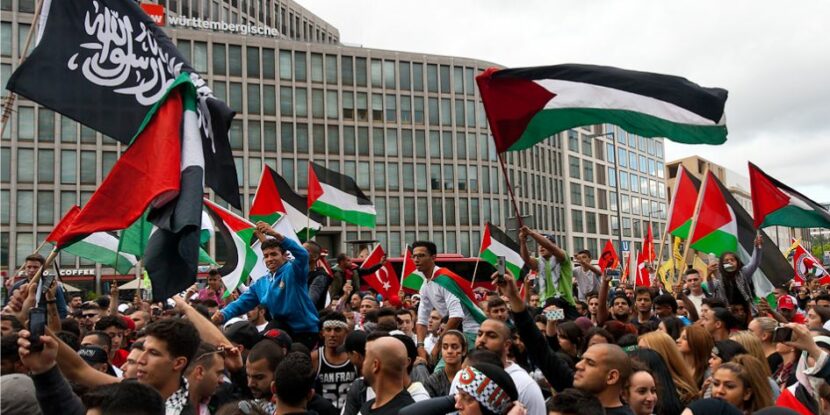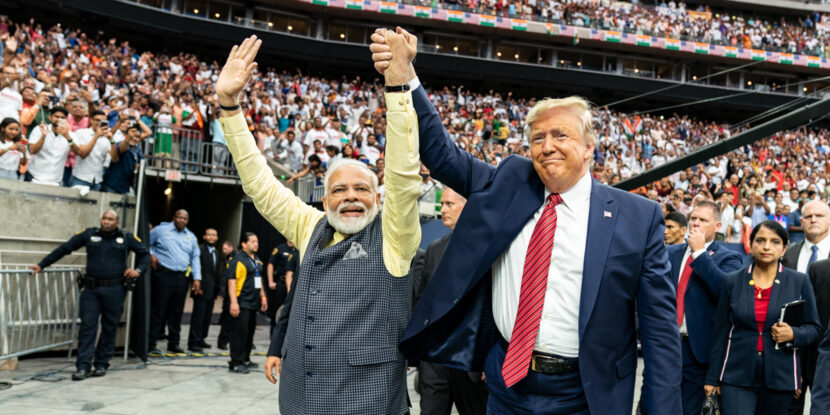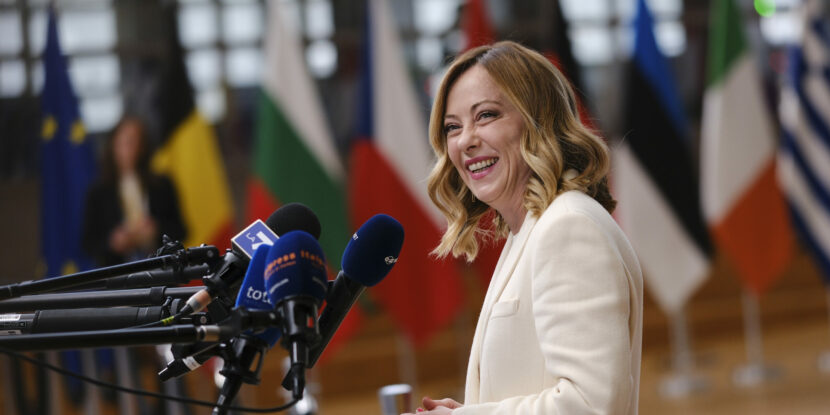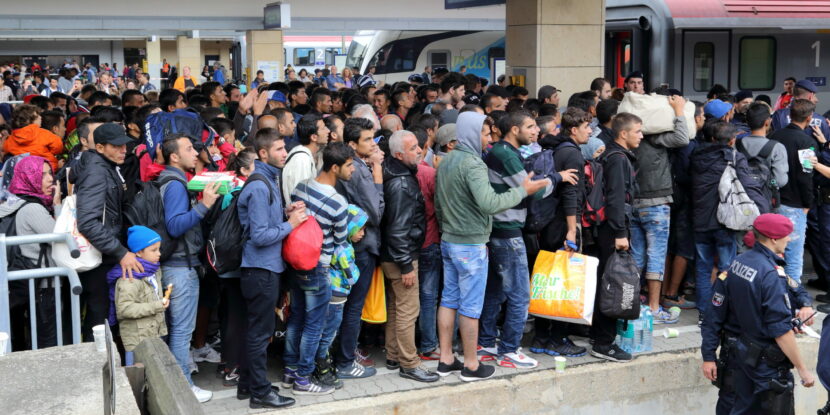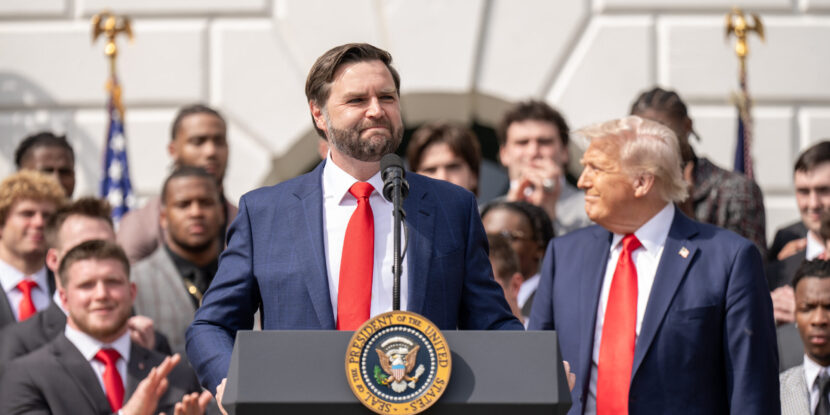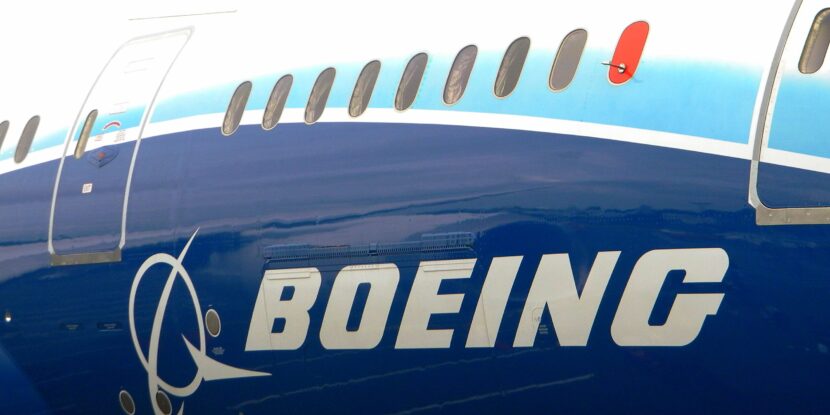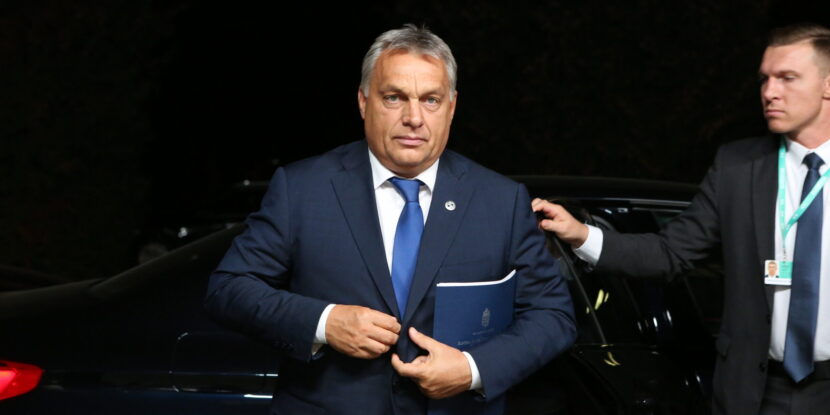PULSE POINTS:
❓What Happened: Four individuals, including three EU citizens and one American, are facing deportation from Germany due to their involvement in protests against Israel’s military actions in Gaza. Their cases have not yet been adjudicated in court.
👥 Who’s Involved: The individuals comprise two Irish citizens, one Polish citizen, and one American citizen.
📍 Where & When: The protest occurred at Berlin’s Free University in October 2024. The deportation orders were served last month, with an April 21 deadline for voluntary departure.
💬 Key Quote: “We all feel very defiant and confident that this won’t pass through the legal system,” said Roberta Murray, one of the Irish citizens facing deportation.
⚠️ Impact: The move raises concerns about potential conflicts with EU laws on freedom of movement and has sparked discussion about Germany’s commitment to Israel.
IN FULL:
Berlin’s Immigration Office has issued deportation orders to four individuals for their participation in a pro-Hamas protest at Berlin’s Free University, which involved damage to property. The protesters, two from Ireland, one from Poland, and one from the United States, are accused of participating in the October 2024 demonstrations, which resulted in violence and property destruction.. They were instructed last month to leave the country by April 21 or face deportation.
The protestors allege that no formal charges have been communicated to them, though official statements cite ongoing criminal proceedings related to the incident. Their legal representative, Alexander Gorski, is challenging the orders, citing the lack of due process and expressing confidence that the individuals will be allowed to stay until their cases can be more thoroughly examined.
The European Union’s principle of freedom of movement is central to this issue. The deportation threats have prompted concerns about potential conflicts with this fundamental EU law, particularly as this involves citizens of EU member states. We all feel very defiant and confident that this won’t pass through the legal system,” said Roberta Murray, one of the Irish citizens facing deportation.
“I hadn’t expected it to go this way at all,” Cooper Longbottom—a 27-year-old graduate student from Seattle, Washington, slated to be removed from the EU country—said, adding: “I hadn’t gotten any charges in the mail. It’s just a complete mess and not how the order of criminal law and due process is supposed to go.”
German authorities point to the concept of “Staatsräson,” or Germany’s unwavering solidarity with Israel, as justification for the deportations. However, traditionally, “Staatsräson” has served as more of a political concept than a legal one. Longbottom has indicated he has no intention of leaving Germany despite the deportation proceedings.
show less